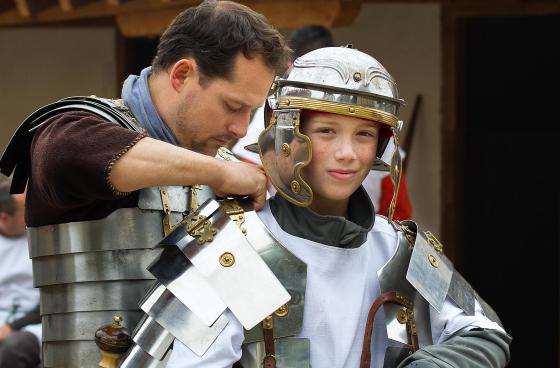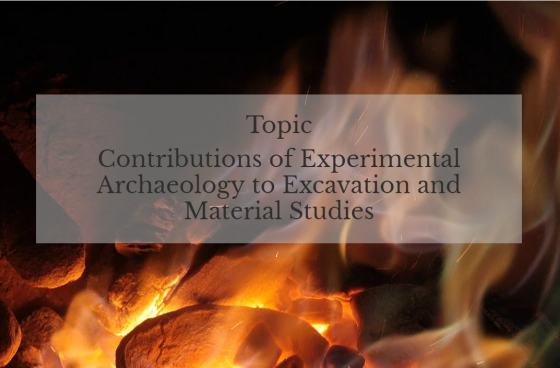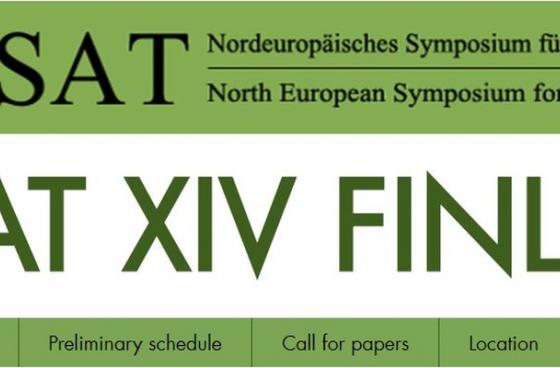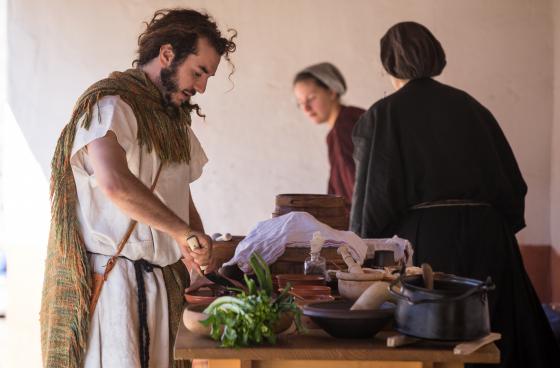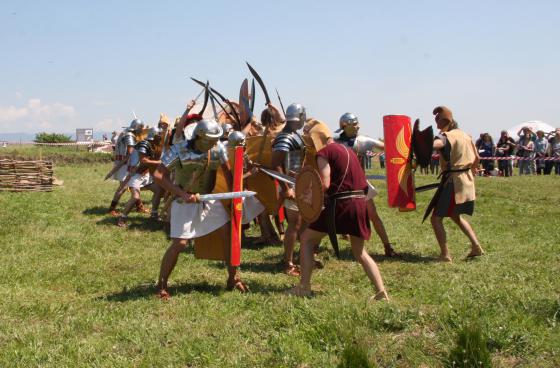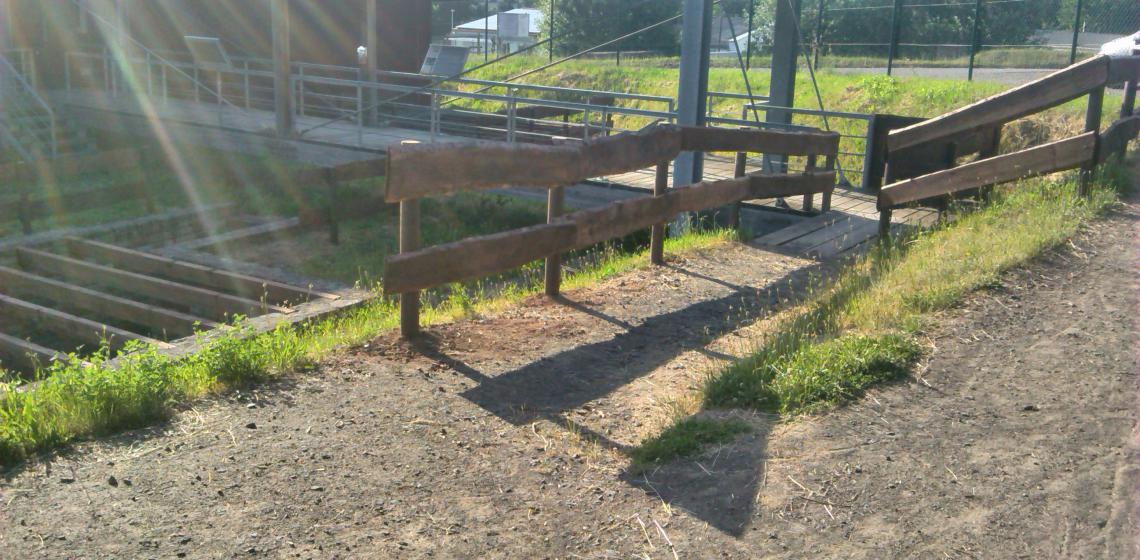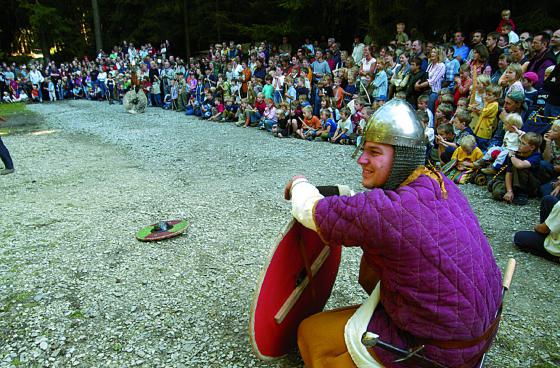The Roman Eisenberg takes an early beginning shortly before the year Zero and seems to have been inhabited until the late 5th century. The livelihood of the settlement and the rapid rise is attributed to iron production. Extensive and meter-high slag heaps from the 1st century confirm an industrial production of iron.
In the late 18th century, the ancient Palatine Elector Carl Theodor sent researchers here to salvage Roman stone monuments for the Elector Antiquarium in Mannheim. The ruins of the late antique Burgus were still visible during those days. Since then, many finds have been documented and reports have been written. A first highlight was the work of Christian Mehlis in the second half of the 19th century. Another author is Friedrich Sprater in the early 20th century, who dealt intensively with the Roman settlement and published excavation reports.



